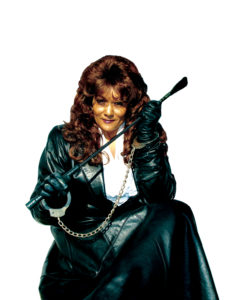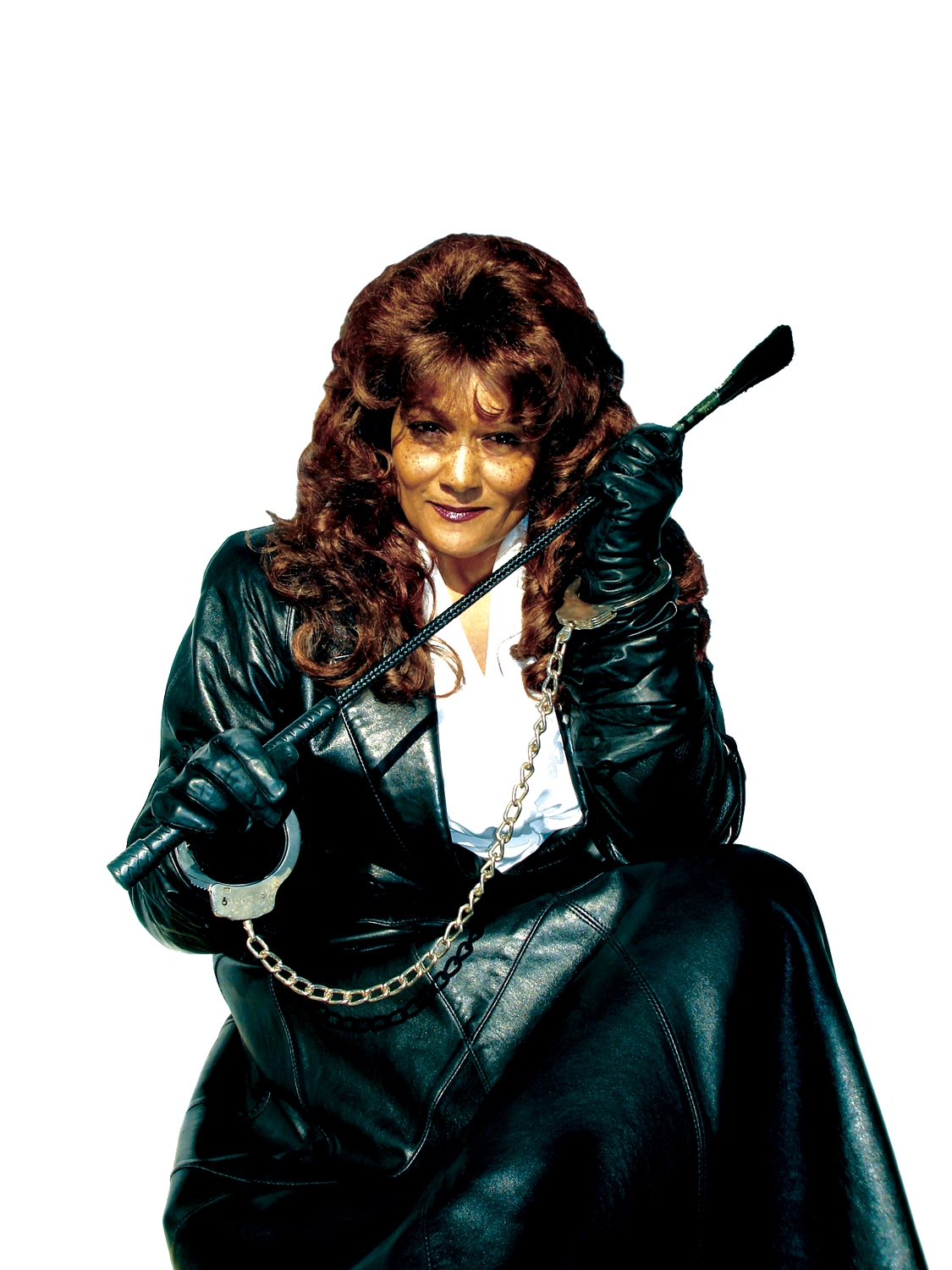News Editor
@YuniKimchi

Before she became best known for fighting for sex workers’ rights and her landmark case, Bedford v. Canada, she also worked as the head mistress at Bondage Hotel as a professional dominatrix. Before that, she worked as a sex worker.
“Sex work let me survive,” she says of her time in the industry. “If you do sex work from a secure location and in a clean environment, it’s much better than being forced underground the way the laws do to us now, despite prostitution being decriminalized.”
Despite the long-standing idea that sex work is an abusive profession to be in, Bedford maintains that it allowed her and many others to make a living. In fact, she believes that all women in the workplace experience some form of sexual harassment regardless of their profession.
“High-end prostitutes are making good livings for short hours, and many love what they do and endure no sexual harassment the way secretaries, waitresses, and other poorly-paid women do,” she says. “As a dominatrix, I felt even better than a high-end sex worker, except that it was a more costly and burdensome business to run.”
And burdensome it was. In 1994, police raided her “Bondage Bungalow” in Thornhill, and Bedford was convicted of running a bawdy house in 1998. Despite the setback, she continued to fight for sex workers’ rights.
“I believe a feminist is a woman—or man for that matter—who believes in maximizing the equality of the sexes in every respect and minimizing discrimination of any type based on gender.”
So in a world where misogyny has a hand everywhere, from the workplace to the streets to our own York campus, what role does Bedford want to play as a feminist?
“I see myself as a feminist in terms of supporting equality of opportunity in the workplace,” Bedford says of women in the working field. However, her own feelings of empowerment came following several hurdles that she had to overcome.
Working as a dominatrix gave Bedford a feeling of being in control, except for when she had to deal with the concerns that come with running any illegal business. “I was concerned about the police raiding me,” she says. “I was concerned about making enough money to continue on.”
Until she was able to pursue the court case that would result in the landmark decision to repeal Canada’s prostitution laws, Bedford continued to witness cases of misogyny and violence towards women. She provided her own insights as to why this is such a prevalent social issue today, seemingly more so at York campus.
“York has many students that come from or whose parents come from traditional cultures, where men’s pride can easily be hurt by women,” she noted. “Also, I must comment that women, like the elderly, are a safer target for attackers than able-bodied young men […] most of York’s students are women.”
But as a feminist, Bedford is a strong advocate of fighting against violence through reporting incidents to authorities and encouraging others to offer support to victims.
She is also a strong proponent of choice.
“Some people condemn birth control,” she says. “Some people condemn pre-marital sex, anonymous sex, cross-dressing, homosexual encounters, bondage, and consensual and safe torture. They see all these things as degrading. People see taking money for doing these things as degrading because people are not only doing something they condemn, but are getting paid for it.”
Meanwhile, Bedford remains confident that people will do what they wish to do behind closed doors. The campaign against misogyny and violence is a battle people will collectively have to fight; as for her, she sees herself as a feminist who will always push for equal opportunity and rights for all.
“People in private will continue to do what they want because they want to be free,” she says. “That is what this country stands for.”



